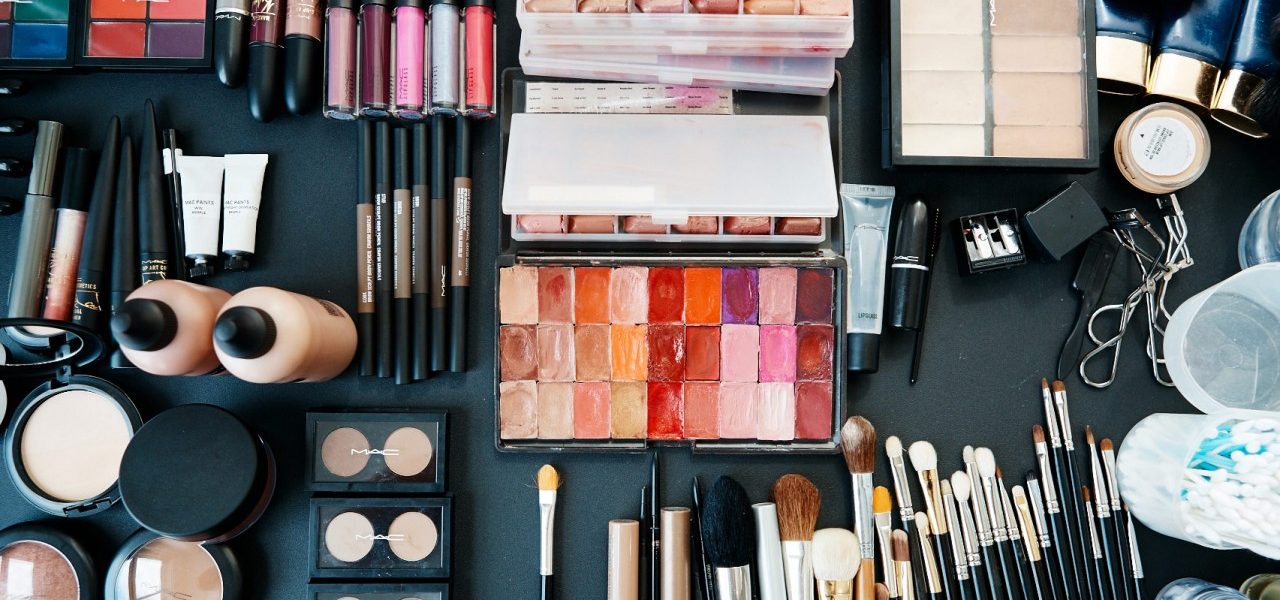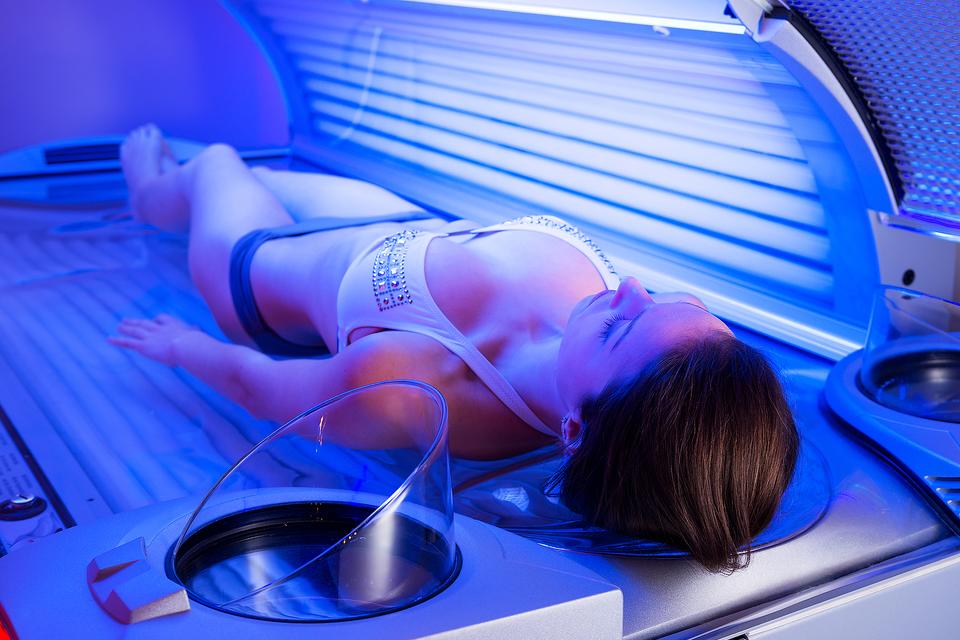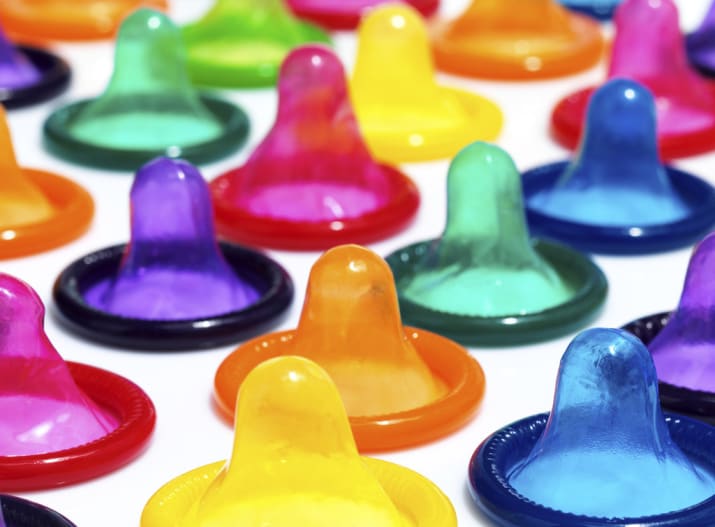Beauty cosmetics may make us girls feel pretty, but what exactly are we putting on our faces, our hair, and our bodies? The cosmetic industry uses thousands of synthetic chemicals in everything from lipsticks and eyeliners to shampoos, lotions, and shaving creams. Disturbingly enough, these synthetic chemicals are also used to make cleaning products and pesticides.
Some of these are thought to be carcinogenic or teratogenic—meaning they may lead to future problems like skin cancer, infertility, or birth defects. Even everyday products such as facial soaps, shampoo, conditioner, and deodorants will likely contain at least one of ten cancer-causing chemicals, and the combination of all of these seeping into the bloodstream accumulates and can be harmful. Why aren’t dangerous chemicals prohibited, what are these chemicals, and how do they hurt us?
Due to poor regulation and legal loopholes, the cosmetic industry is allowed to freely put these chemicals into everyday products. Consumers shouldn’t count on “all natural” labels to determine whether something is safe to use, because current regulations on that buzz word are almost nonexistent. This means anyone can slap it on their product and claim that it is all natural when in fact, it might not be.
Now that this is becoming common knowledge, more companies are advertising products that are made without these carcinogenic compounds. On beauty cosmetic websites like Sephora or Ulta, there is even a section devoted entirely to what the products are formulated without. Some common chemicals on the list include foreign-sounding words such as parabens, sulfates, petrochemicals, phthalates, GMOs, triclosan, and so on. Keep in mind that many of the chemicals permitted in the US have already been banned in most of Europe and in many other countries. These are the ones to definitely keep an eye out for!
- Triclosan, originally developed as a surgical scrub for medical professionals, is found in tons of cosmetics. Now it is even in toothpaste, because it’s supposed to kill bacteria. It is meant to scrub surgery tables, not your teeth!
- Phthalates show up in cosmetics to hold color and scents as well as to keep a product looking shiny and fresh. Phthalates disrupt hormonal systems, which can be harmful during critical periods of development (watch out, pregnant women).
- Parabens, found in many types of makeup and face and body products, are used as a germicide and preservative. It can lead to hormone disruption, skin rashes, and possibly to breast cancer.
Of course, these are only examples, and the list goes on and on; just look at the ingredient list on a bottle of lotion or a tube of lipstick. The chemicals you may be applying on your body are something to be aware of. Switching over to organic products or even products that specifically say something about being made without certain chemicals is better than nothing. Many companies offer safer and healthier alternatives, and they should be supported over the ones that don’t. They seem to be the ones that take our health and safety into consideration.
Article by Elle Leung
Feature Image Source: Coveteur
























